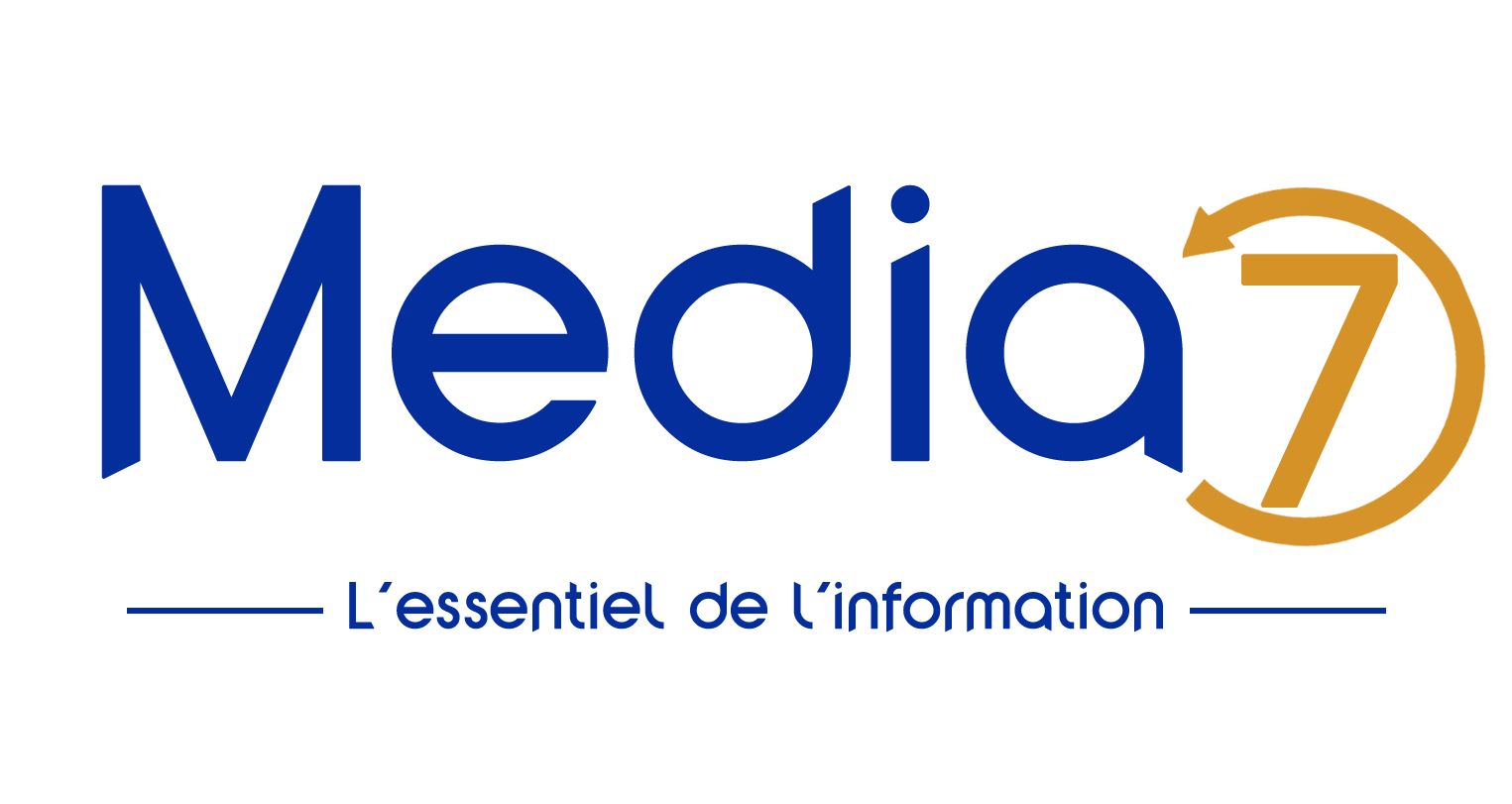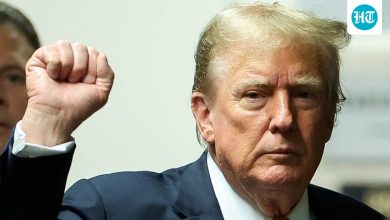Morocco protest: How did the GenZ 212 agitation start and what are their demands

A youth collective calling itself GenZ 212, led by a group of unknown organisers, has taken authorities in Morocco by surprise with a series of protests demanding reforms to public health and education.
People protest against corruption and calling for healthcare and education reform, in Casablanca, Morocco.(AP)
Here’s what we know about the unprecedented youth-led demonstrations taking place across the usually stable kingdom.
How did GenZ 212 start?
The collective was founded on the Discord online messaging platform in mid-September.
It drew its name from Generation Z — those born between the late 1990s and early 2010s — and Morocco’s international phone dialling code, 212.
One of its early Discord members, who declined to give their name for fear of retribution, told AFP the collective was formed to highlight social inequalities in Morocco.
The sense of discontent they tapped into was particularly fuelled by reports last month of the deaths of eight pregnant women at a public hospital in the city of Agadir.
On the Discord server, where organisers’ actions have been anonymous, GenZ 212 has described itself as a “free youth” movement.
They have asserted they have no political affiliation, but have announced their “love for the homeland and king”, referring to Morocco’s monarch Mohammed VI.
What led the group to protest?
The group holds discussions each evening on Discord, concluding with votes on different actions.
One early poll considered whether GenZ 212 should take to the streets on September 27, ultimately resulting in the start of the days-long protests.
The initial call to peacefully demonstrate was taken lightly by the media and observers.
But after authorities banned the first demonstrations, the group’s online membership soared, reaching nearly 170,000 users as of Friday.
Some cities have seen violence and vandalism, but GenZ 212 has repeatedly distanced itself from “any form of violence”.
Three people were killed on Wednesday when authorities opened fire on a group they said had attempted to storm a law enforcement station near Agadir.
What are their demands?
The group’s main demand is reforming Morocco’s public health and education sectors, which protesters feel show the worst of the country’s social inequality.
In a post addressed to King Mohammed VI early on Friday, the group also called for the government’s dismissal, but in a later statement GenZ 212 appeared to backtrack on the demand.
A number of public hospitals in Morocco remain overcrowded and under-resourced compared with the private health sector.
This has limited access to care for poorer Moroccans despite the launch of universal health coverage in 2021.
One 20-year-old protester, Fatima Zahra, said “we are sometimes forced to pay bribes to get a hospital bed”.
Public schools are also often overcrowded and suffer from underinvestment.
Official figures show that the lack of education in Morocco is a key driver of the country’s poverty, which has, nevertheless, fallen from nearly 12 percent in 2014 to 6.8 percent in 2024.
What about Morocco’s co-hosting of the World Cup?
GenZ 212 has not made specific demands referring to Morocco’s joint hosting of the 2030 World Cup alongside Spain and Portugal.
But many Moroccans feel that the health and education sectors should be prioritised at a time when the kingdom is pushing forward with major infrastructure projects related to the event.
Chants heard among demonstrators include demands for “health and not just stadiums”.
But one member of the collective on Discord said the issue was raised “not to reject the hosting of the World Cup but to demand that the same efforts made to build stadiums be made to build hospitals”.
Morocco has begun renovating six stadiums and is set to build a massive new one by 2028 at a cost of about $1.7 billion.
Other large-scale infrastructure investments include almost $9 billion to improve rail transportation, nearly $7 billion for 5G internet and around $3.7 billion for airports.
Why has the movement come as a surprise?
While social protests are common in Morocco, the emergence of a youth movement claiming to be apolitical took the country’s leaders by surprise with its spontaneity and speed of mobilisation.
Even though “young people have been expressing their anger for years in football stadiums”, political scientist Mohamed Chiker explained, the youth have often been perceived as disengaged.
But the new movement has shown a strong strain of social and political awareness among young people.




